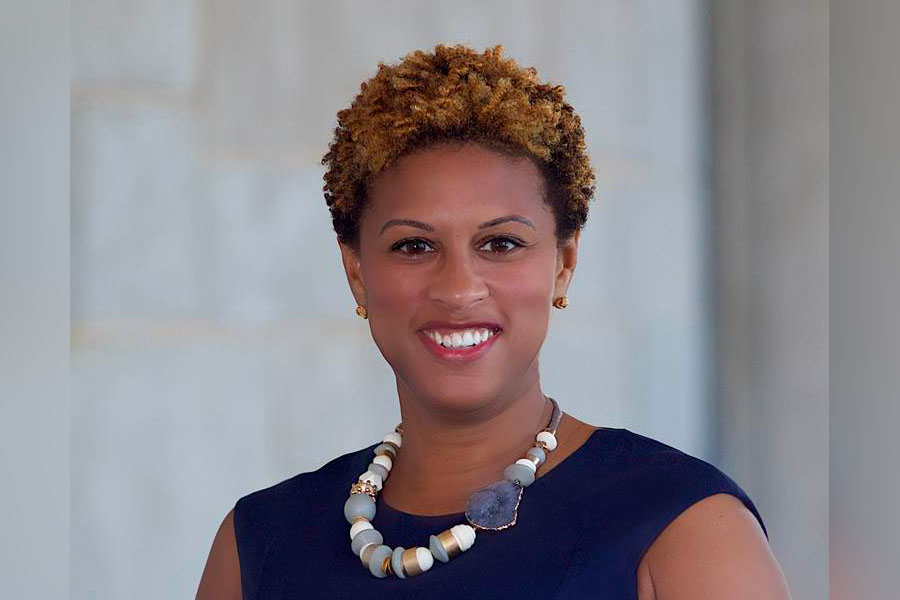What is your current role in health care?
“I am the President of Legacy NorthShore Acute Care Operations and Highland Park Hospital at NorthShore University HealthSystem. I also have responsibility across the North Region for laboratory and pathology medicine, women’s and children’s health and co-lead my organizations work for Healthcare Equity.”
What stands out as a favorite memory during your time as an MHA student?
“I remember getting an email in early winter about how we’re all going to go ice fishing. And I thought, ‘what are you talking about, what is ice fishing?’ That opened up my eyes to a whole new world where people drive out on frozen bodies of water to drill holes in the ice and fish, my mind was blown! Never in a million years would I think about driving out onto a frozen body of water to fish. That was my favorite memory because I realized I lived in a different world growing up in the South and that moving to Minnesota introduced me to new people, new thoughts and new perspectives on life.”
How has the MHA Program helped prepare you for your career?
“The program curriculum is strong and it prepares you for real-life healthcare experiences. The program gave me the foundation I needed to become a strong early career administrator. As we all know, the problem solving course is one of our hallmarks and that course, along with others, taught me to think strategically and analyze problems, be mindful to not come to immediate conclusions, and systematically think through steps to find a solution.”
What challenges and opportunities will healthcare leaders encounter in the next 5-15 years? What skills will leaders need to be successful in light of these challenges and opportunities?
“Unfortunately, we’re already encountering challenges today that I think will translate into the next 5-15 years. The first one is around labor shortages; we are in a labor shortage crisis like we’ve never seen before in this generation of healthcare leaders. Another challenge healthcare leaders face is the use of technology in the delivery of healthcare and how we incorporate technological advances such as artificial intelligence and natural language processing into our industry. Lastly, we must truly learn and implement strategies to support diversity in healthcare from a patient, provider and leader perspective.
The skills leaders will need to be successful in light of these opportunities and challenges are the ability to be adaptable, creative, strategic thinkers willing to take chances. Leaders must also have a strong financial foundation while understanding the balance of healthcare quality and the economics of our industry.”
If you could give one piece of advice to a current student, what would it be?
“Embrace change, take a chance and do something that scares you. These two actions will make you stronger and help you develop skills and a mindset that you didn’t have before.”
Why is your class the best class ever?
“My class is the best class ever because we just have an amazing connection. While in school we laughed, joked, spent a lot of time at a pub called Grandma’s, studied together, but mostly we supported one another. We were always respectful of one another, but we challenged one another to grow and do better.”
How and why do you give back to the MHA program as an alum?
“I was on the MHA alumni board for six years, hosted a virtual problem solving team during the pandemic, am a guest lecturer in the professional development class and have donated to support student scholarships. I give back in these ways because so many alumni invested in me when I was a student in the program.”

